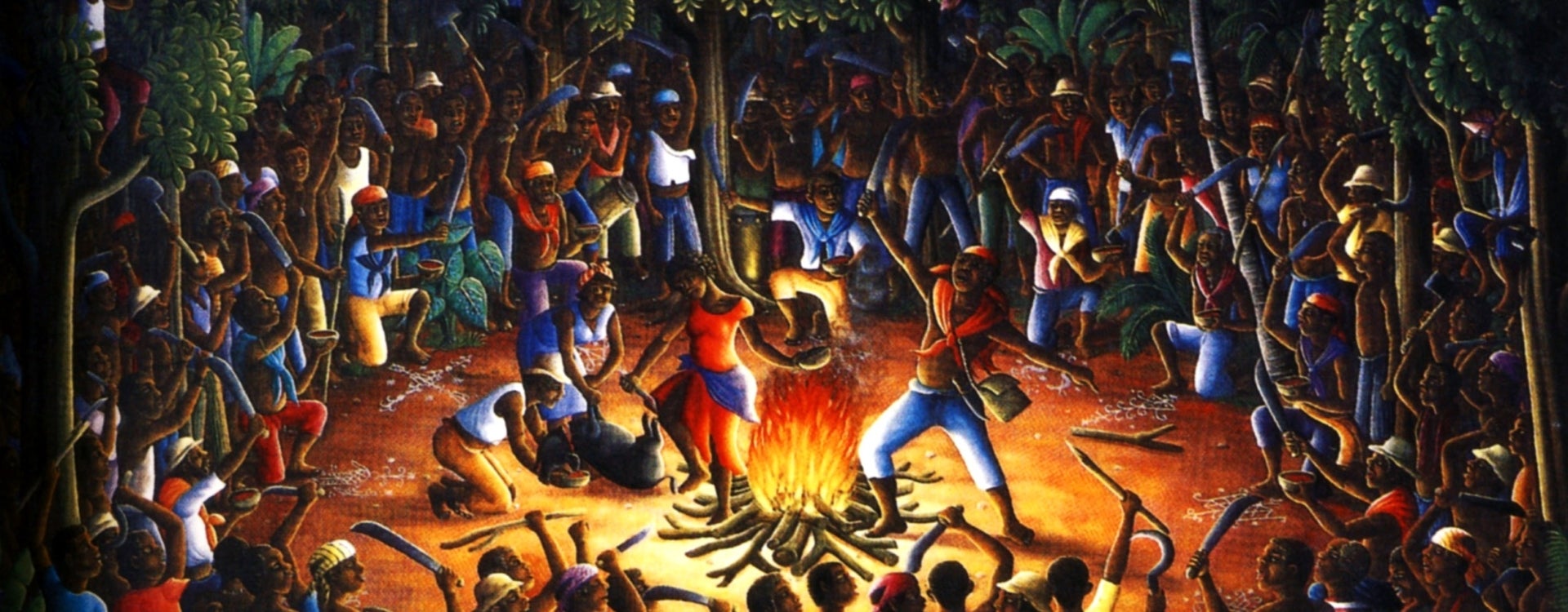AAAS 2500
AAAS 2500: Theory and Methods in African and African American Studies: Sonic Cultures of the Francophone Caribbean
During the legendary Bois Caïman Vodou Ceremony of August 1791, Dutty Boukman
called upon his enslaved brethren to “Listen to the voice of liberty that speaks in our
hearts.” In other words, historical sources imagined the driving force of the Haitian
Revolution as an intangible, almost supernatural voice that stirred men and women to
action. The slave revolt that ensued was not only the largest ever seen in the Americas,
but it marked a decisive turning point in the Haitian Revolution and culminated in the
establishment of the first Black Republic of Haiti in 1804.
Drawing from key concepts in Sound Studies, this course explores similar sonic moments
and cultures in French–speaking or “Francophone” Caribbean history, with a focus on
Martinique, Guadeloupe, Haiti, and New Orleans. Topics range from soundscapes to
natural disasters, oral storytelling traditions, and a rich variety of musical genres. What
does it mean to study the past through sound, and where do we draw the line between
music, sound, and noise? No previous knowledge of French or music required.
For their final assignments, students have transformed their research papers into a
narrative podcast by shifting to a more casual, oral register, and “sonifying” their
arguments.
Podcast Projects by AAAS 2500 Students
